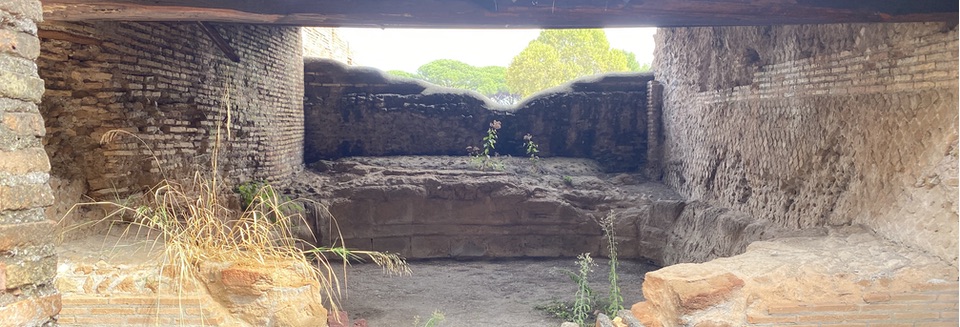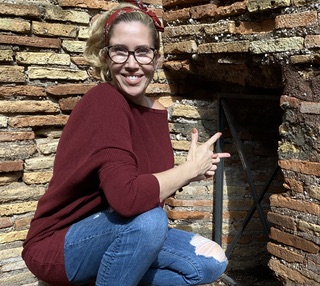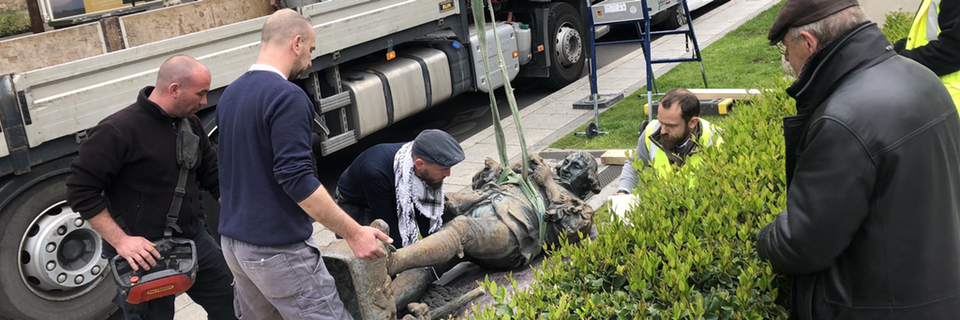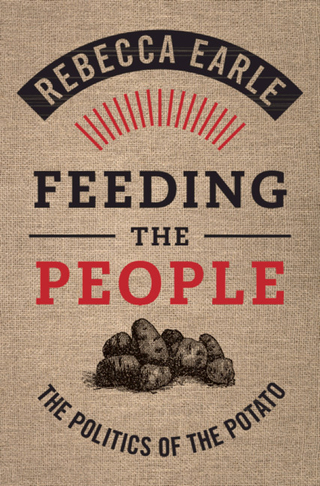This will be a test post to see whether I can in fact restrict access by obscurity more than anything else.
I had to jump through a load of hoops to get here, but it was worth it.
This will be a test post to see whether I can in fact restrict access by obscurity more than anything else.
I had to jump through a load of hoops to get here, but it was worth it.
Podcast: Play in new window | Download (Duration: 16:07 — 14.9MB)
Subscribe: Google Podcasts | Spotify | Android | RSS | More
 Bologna likes to think of itself as the pinnacle of food culture in Italy, so it is a bit of a wonder that it took until the 5th edition of the Biennial of Photography on Industry and Work to focus attention on food. All of the 11 exhibitions were really interesting and well curated, not least because they were often in glorious spaces that are not normally open to the public, resulting in some very fine cultural juxtapositions. But there was one that really caught my eye because it offered literally a new view of the foundations of America’s appetite for cheap beef. Almost as soon as I got home I arranged to chat to the artist, Mishka Henner, about his work.
Bologna likes to think of itself as the pinnacle of food culture in Italy, so it is a bit of a wonder that it took until the 5th edition of the Biennial of Photography on Industry and Work to focus attention on food. All of the 11 exhibitions were really interesting and well curated, not least because they were often in glorious spaces that are not normally open to the public, resulting in some very fine cultural juxtapositions. But there was one that really caught my eye because it offered literally a new view of the foundations of America’s appetite for cheap beef. Almost as soon as I got home I arranged to chat to the artist, Mishka Henner, about his work.

Podcast: Play in new window | Download (Duration: 26:39 — 24.6MB)
Subscribe: Google Podcasts | Spotify | Android | RSS | More

With a real expert, however, things really come to life, so I was absolutely delighted to be able to visit the Mulino di Silvano at Ostia with Farrell Monaco, who has studied, and brought back to life, the canonical bread of Ancient Rome.
She brought the bakery back to life for me. It was a total treat.

Podcast: Play in new window | Download (Duration: 24:26 — 22.8MB)
Subscribe: Google Podcasts | Spotify | Android | RSS | More

The story that’s often told of the potato in Europe is one of ignorant, superstitious peasants and wily aristocrats. The peasants shun the potato until the wily aristo plays a trick on them to open their eyes to the true value of the potato. The aristo might be someone like Antoine-Augustin Parmentier in France or Frederick the Great in Prussia, but whoever it was, the bones of the story remain the same. And — mea culpa — I believed the story and even retold it myself on occasion. So I naturally slapped my forehead, hard, when I heard Rebecca Earle give an online lecture about the history of the potato and resolved to talk to her myself.
Rebecca Earle doesn’t deny that something happened to put potatoes and their promoters into the history books, but shows clearly that the peasants were far smarter than history gives them credit for.

Podcast: Play in new window | Download (Duration: 23:46 — 21.9MB)
Subscribe: Google Podcasts | Spotify | Android | RSS | More
 Rachel Roddy is a marvellous conduit between the many cultures and kitchens of her adopted homeland and a world that simply cannot get enough of Italy. Her latest book is all about pasta, although she wisely recognised that there was little point in trying to be encyclopaedic. Instead, she chose 50 shapes on which to hang history, culture, personal stories and, of course, recipes and suggestions.
Rachel Roddy is a marvellous conduit between the many cultures and kitchens of her adopted homeland and a world that simply cannot get enough of Italy. Her latest book is all about pasta, although she wisely recognised that there was little point in trying to be encyclopaedic. Instead, she chose 50 shapes on which to hang history, culture, personal stories and, of course, recipes and suggestions.
We met just in time for me to get this episode ready for World Pasta Day, today. We talked about the book, obviously, and also about many other aspects of pasta and Italian life. She did divulge what she is thinking of making to celebrate World Pasta Day. I won’t spoil the secret; you’ll just have to listen. What will you be making?